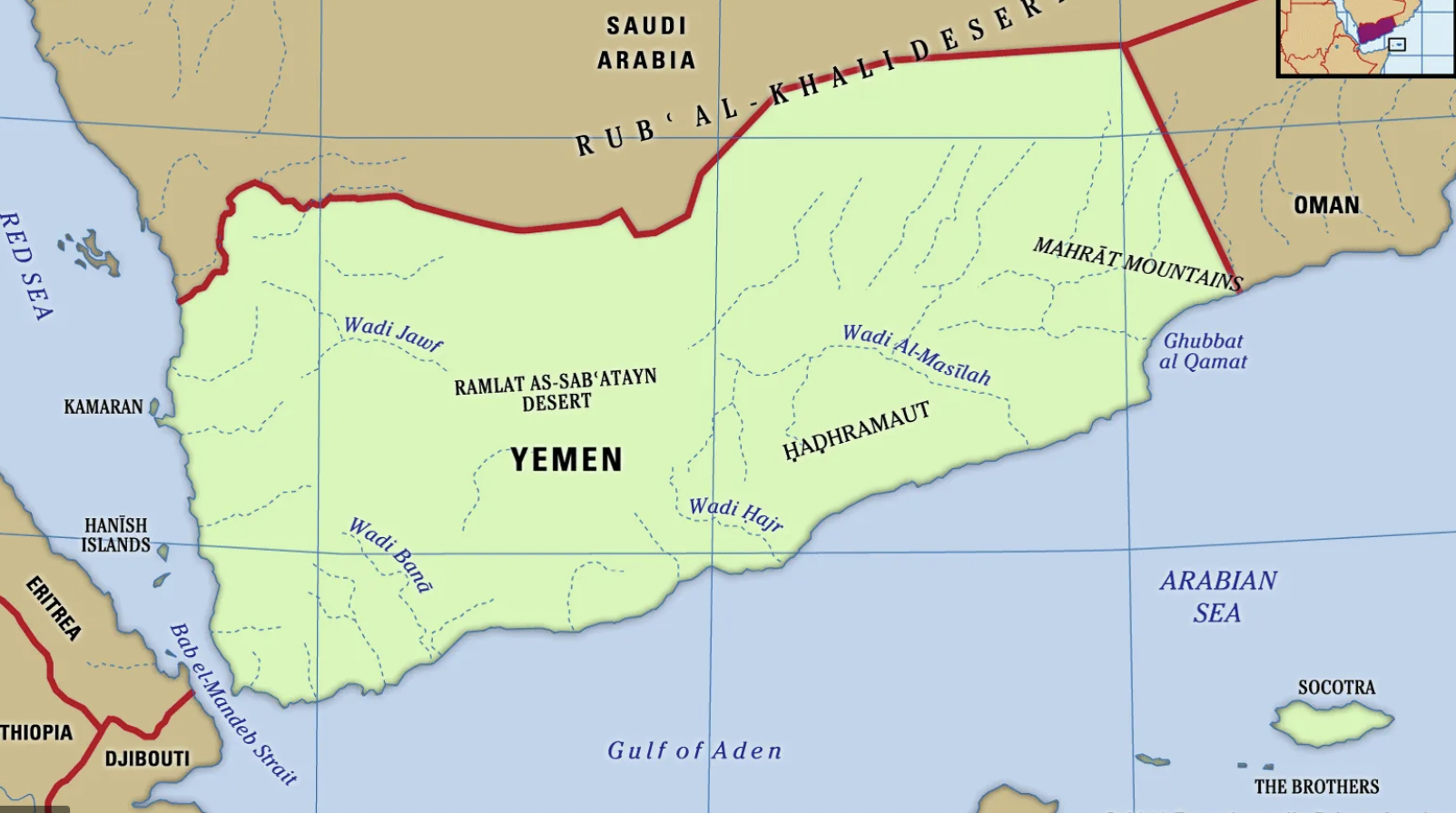Written By: Hannah Nasluchacz, Staff Writer
CRISIS: Civil war threatens the lives of the Yemenis as they struggle to stay alive.
Starting in late 2014 Yemen, located in Western Asia and borders with Saudu Arabia on the northside, has been in a horrific civil war. The conflict took root when the new president, Abdrabbuh Mansour Hadi, took over control of the government from Ali Abdullah Seleh. Struggling with economic crises and political corruption, the Houthis rebels saw their chance to take over the capital, Sanaa. The Houthis viewed the government as corrupt and wanted to put an end to it. They were also fighting for lower fuel prices and the government to take accountability for their actions. When their demands in the negotiation process were not met, president Hadi was exiled out of the country.
By 2015, the president returned and continued the fight. The United States, United Kingdom, and France began supplying the coalition Saudi Arabia whose goal was to lead attacks on the Houthis rebels to restore the government. Seleh in 2016 formed a political committee like group that was supposed to govern northern Yemen. Before long in 2017, the committee split up and Seleh urged his followers to prepare for an attack with the Houthis.
Meanwhile, the citizens of Yemen are struggling with what the UN is saying is the worst humanitarian crisis ever. Several disasters have swept over Yemen in the past 8 years: Health facilities lack equipment and food insecurity throughout the whole country.
In 2015, Saudi Arabia equipped with US, UK, and French air missiles, attempted an airstrike that struck the Hodeidah port. The dockside port was the primary location of Yemen’s food imports. When it was stuck, the cranes used to move the steel shipping containers were destroyed. This left the employees for the port moving the containers off the ship by hand. With Yemen being small, about the size of Sweden, it only had 12 ports before the civil war. Taking one of the ports down created a problem for the Yemenis citizens. Food prices skyrocketed as time went on and are now about 500 percent more than before the war.
With food prices rising many men are struggling to feed their families. They spend their entire budget for the day on a few food items that are the families one meal for the day. Many other people do not even get one meal a day. To keep themselves from starving they rely on cooking leaves from a tree or mixing sugar and water.
In 2021, the unfolding of COVID-19 was a catalyst of the worsening conditions of people. The National Center for Biotechnology expresses that the population of Yemen to “face hunger in 2021 [was] more than 50%”. Battling the pandemic alongside the civil war caused more families to almost entirely lose their income.
Over at Yemenis medical facilities, they are suffering from severe shortages in supplies that the civil war does not help. Since there is a blockade imposed by the Saudi Arabia led coalition to Yemen, medical supplies including fuel cannot easily pass through.
The lack of fuel makes establishing decent medical care extremely difficult. In Yemen there is no emergency medication transportation available to the public. This added to the fact that there are no doctors whose specialty is in emergency medicine. Makes good medical care scares. At “emergency” rooms patients are seen by general practitioners (GP) that lack the experience in emergency medicine.
With hospitals having limited equipment patients usually have to lay in a room with more then three other patients. The mortality rate of 164 deaths per 100,000 births according to the Western Journal of Emergency Medicine and the mortality rate for children under the age of five is 59.5 deaths per 1,000 lives. For children already suffering from malnutrition, fighting common outbreaks of cholera or the measles can be more life threatening.
The United States helped create this humanitarian crisis when they sold air strike material to aid in the Sudi Arabian coalition against the Houthis. When talking to Hayden McIntosh (11) she thinks that “ If it is a just cause and worth fighting for it should continue because in the end it would be what is best for the nation.” The citizens as well as the government of the United states should be making this crisis more known throughout the states. Poly Student Hayley Bullock (11) thinks “the war is hurting people and is not helping anyone.” Without the knowledge of a problem people from different countries are not going to do anything to help the innocent Yemenis who are trying to stay alive in the war engulfed country.

